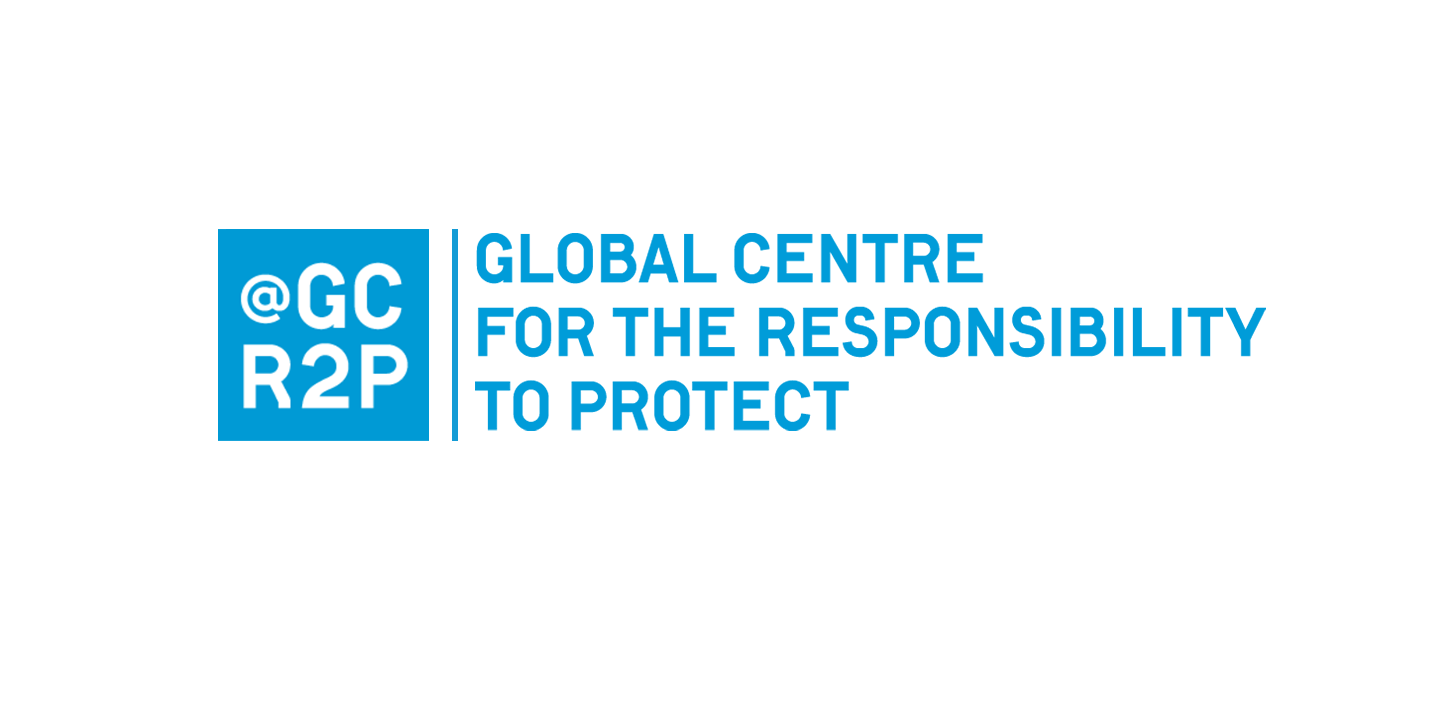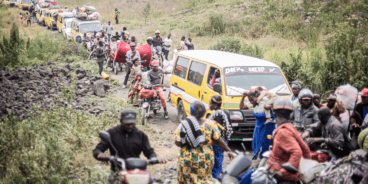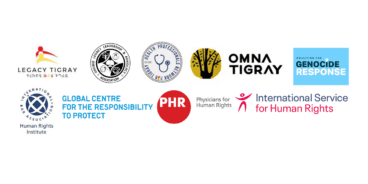

Global Centre for the Responsibility to Protect remarks at the Universal Periodic Review Pre-Session for Ethiopia
Presentation by Elisabeth Pramendorfer, Geneva Representative of the Global Centre for the Responsibility to Protect, on 29 August 2024 during UPR Info’s Pre-Session on Ethiopia.
Dear colleagues,
Thank you for the opportunity to discuss the upcoming Universal Periodic Review (UPR) on Ethiopia. I am speaking on behalf of the Global Centre for the Responsibility to Protect, which was established in 2008 to promote the universal acceptance and effective operational implementation of the R2P principle at the national, regional and multilateral level. My organization works closely with affected communities and local civil society to ensure the voices of victims and survivors are heard and centered in policy conversations regarding the response to emerging or protracted atrocity situations. As we seek to mobilize meaningful and timely action to prevent and respond to mass atrocities, the situation in Ethiopia continues to be of urgent concern, as alleged war crimes, crimes against humanity and ethnic cleansing have taken place in different areas of the country since 2018.
During Ethiopia’s third UPR cycle in May 2019, the federal government supported 231 out of 245 recommendations. Unfortunately, throughout this cycle, the government has backtracked on many issues and failed to implement the recommendations. My remarks will focus on the consequences this has had on populations across the country.
From December 2021 to October 2023 the UN Human Rights Council (HRC)-mandated International Commission of Human Rights Experts on Ethiopia (ICHREE) documented the widespread and systematic commission of war crimes and/or crimes against humanity by all parties to the conflict in the northern Tigray region since November 2020. Tigrayan Defense Forces also committed abuses in neighboring Amhara and Afar regions that amount to war crimes. While the violations have significantly decreased since the signing of a Cessation of Hostilities Agreement in November 2022, abuses continue in areas occupied by regional forces and Eritrean Defense Forces.
Although Ethiopia supported recommendations aimed at fully upholding the principles of International Humanitarian Law (IHL), ICHREE documented the government’s use of food as a weapon of war against the population in Tigray following the imposition of a humanitarian blockade during the conflict. Additionally, ICHREE also documented the looting, destruction and theft of humanitarian aid, as well as the killing of aid workers, by both sides of the conflict. Currently humanitarian aid workers do not have unfettered access to all areas of the country, in direct violation of IHL.
Recommendations to address and protect populations from inter-communal violence have also gone unimplemented. ICHREE and the Office of the UN High Commissioner for Human Rights have documented countless war crimes and/or crimes against humanity committed against populations in the Tigray, Amhara and Oromia regions. Furthermore, the UN Special Adviser on the Prevention of Genocide warned in October 2023 of the “continued presence of risk factors for genocide and related atrocity crimes in the country,” highlighting ongoing hate and dehumanizing speech against ethnic groups.
Despite supporting multiple recommendations calling for progress on the prevention of violence against women, the UN Special Representative of the Secretary-General on Sexual Violence in Conflict stated that rape was used as a weapon of war with impunity during the Tigray conflict. Armed groups and security forces perpetrated rape and sexual violence in the Amhara and Oromia regions as well.
The government has also failed to implement recommendations on ensuring open civic space and protections for human rights defenders and journalists, as well as safeguarding access to education and healthcare. Ethiopia’s civil society and press continue to face restrictions and targeting. Thousands of students remain without access to school due to the lingering effects of and/or ongoing conflict. Healthcare was systematically attacked and destroyed during the conflict in Tigray and neighboring regions, while abuses continue in the Amhara region, including attacks on healthcare workers and patients receiving care.
Finally, the government has yet to hold perpetrators of atrocities accountable for their crimes and ensure transparent and impartial investigations despite supporting such recommendations. While efforts are underway to implement a transitional justice policy for the atrocities committed in Tigray and elsewhere, victims and survivor communities have clearly stated their desire for an international component for accountability – a request which has been ignored. Widespread buy-in to a transitional justice process is essential to ensure affected populations benefit from the restorative impact and to diminish the risk of recurrence.
Given the details outlined above please consider the following recommendations:
-
-
- Uphold IHL and International Human Rights Law by ending the attacks against civilians and civilian infrastructure, including actions that amount to atrocity crimes as a matter of accepted conduct by security forces.
- Commit to resolving ongoing conflicts, including those in Amhara and Oromia, through dialogue and mediation with all stakeholders.
- Conduct prompt, independent investigations and preserve evidence related to allegations of mass atrocity crimes, as well as alleged abuses that may constitute war crimes and crimes against humanity in Tigray, Amhara and Oromia regions, and ensure that perpetrators are brought to justice through transparent and impartial processes.
- Allow independent investigators and human rights organizations to carry out immediate, impartial and thorough documentation of human rights violations and abuses.
- Further strengthen cooperation with UN human rights mechanisms, including by extending a standing invitation to all HRC Special Procedures.
- Ratify the Rome Statute of the International Criminal Court and implement the treaty within domestic legislation, including by incorporating provisions to investigate and prosecute mass atrocity crimes in accordance with international law.
-
For more, see the Joint NGO Fact Sheet on Justice and Accountability for the Universal Periodic Review of Ethiopia.
Related Content


